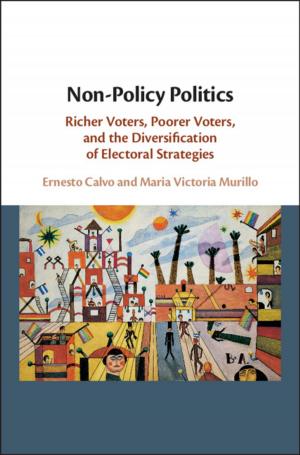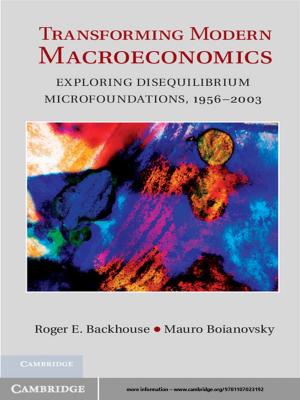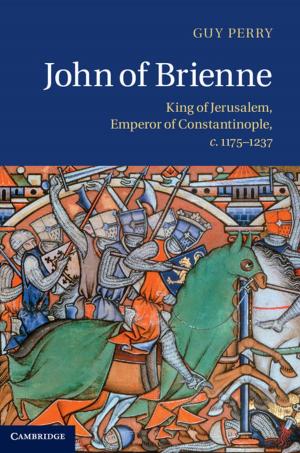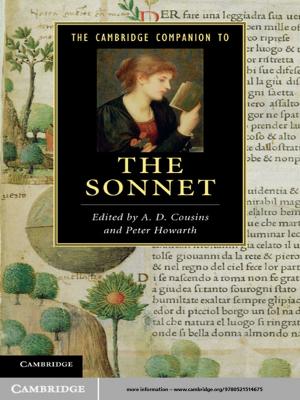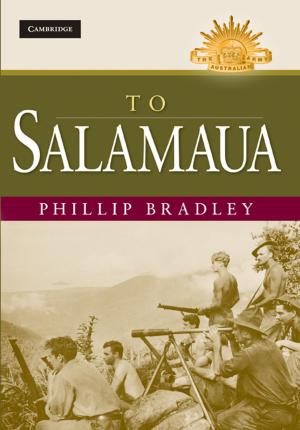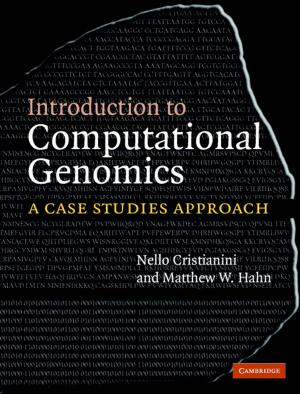The Fisherman's Cause
Atlantic Commerce and Maritime Dimensions of the American Revolution
Nonfiction, History, Americas, United States, Colonial Period (1600-1775), Business & Finance| Author: | Christopher P. Magra | ISBN: | 9780511738739 |
| Publisher: | Cambridge University Press | Publication: | April 6, 2009 |
| Imprint: | Cambridge University Press | Language: | English |
| Author: | Christopher P. Magra |
| ISBN: | 9780511738739 |
| Publisher: | Cambridge University Press |
| Publication: | April 6, 2009 |
| Imprint: | Cambridge University Press |
| Language: | English |
This book examines the connections between the commercial fishing industry in colonial America and the American Revolution, Christopher P. Magra places the origins and progress of this formative event in a wider Atlantic context. The Fisherman's Cause utilizes extensive research from archives in the United States, Canada, and the UK in order to take this Atlantic approach. Dried, salted cod represented the most lucrative export in New England. The fishing industry connected colonial producers to transatlantic markets in the Iberian Peninsula and the West Indies. Parliament's coercive regulation of this branch of colonial maritime commerce contributed to colonists' willingness to engage in a variety of revolutionary activities. Colonists then used the sea to resist British authority. Fish merchants converted transatlantic trade routes into military supply lines, and they transformed fishing vessels into warships. Fishermen armed and manned the first American Navy, served in the first coast guard units, and fought on privateers. These maritime activities helped secure American independence.
This book examines the connections between the commercial fishing industry in colonial America and the American Revolution, Christopher P. Magra places the origins and progress of this formative event in a wider Atlantic context. The Fisherman's Cause utilizes extensive research from archives in the United States, Canada, and the UK in order to take this Atlantic approach. Dried, salted cod represented the most lucrative export in New England. The fishing industry connected colonial producers to transatlantic markets in the Iberian Peninsula and the West Indies. Parliament's coercive regulation of this branch of colonial maritime commerce contributed to colonists' willingness to engage in a variety of revolutionary activities. Colonists then used the sea to resist British authority. Fish merchants converted transatlantic trade routes into military supply lines, and they transformed fishing vessels into warships. Fishermen armed and manned the first American Navy, served in the first coast guard units, and fought on privateers. These maritime activities helped secure American independence.

